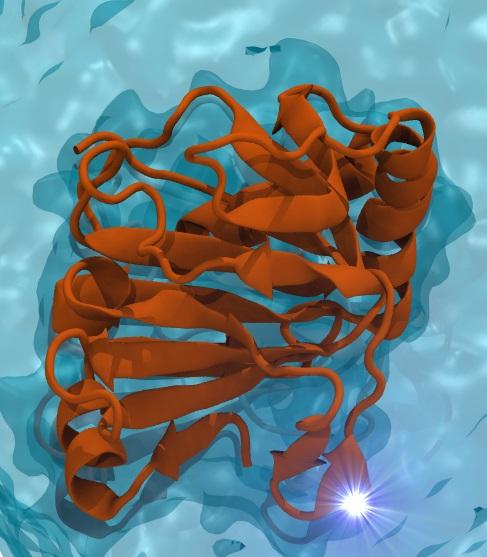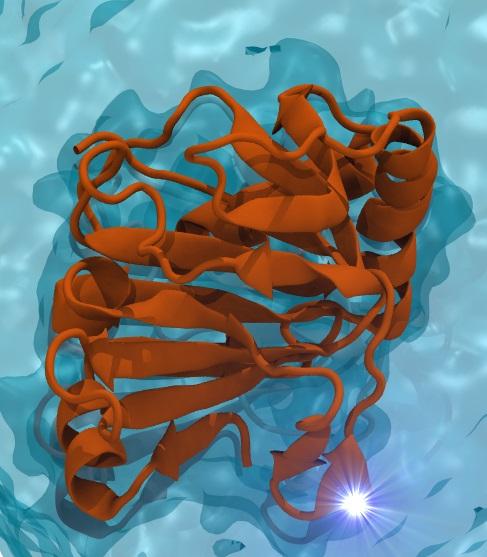
Credit: Alice R. Walker
Researchers have identified a novel mutation that may be associated with prostate cancer in African American men, according to a new study published in PLOS Computational Biology.
Scientists have long known that a huge variety of DNA mutations can lead to cancer. Some proteins can repair DNA mutations, but when repair proteins are mutated themselves, cancer may arise. Knowing which mutations are linked to which cancer types helps scientists develop new targeted treatments and detection strategies.
To improve knowledge of mutations associated with prostate cancer, Alice Walker of The University of North Texas, and colleagues searched for relevant mutations in genes that code for a family of DNA repair proteins known as AlkBH.
The researchers ran two separate datasets of DNA sequences through a software program called HyDn-SNP-S, which had previously been developed by members of the team. The software allowed them to compare DNA sequences of AlkBH family proteins from healthy genomes, to those found in genomes derived from prostate cancer tumors. In both datasets, a mutation in the gene that codes for a protein called ALKBH7 was significantly associated with prostate cancer in African American men.
Next, the researchers used computer simulations to investigate how the ALKBH7 mutation, R191Q, would affect the protein's structure. They found that the mutation might cause a structural change that significantly decreases the ability of the protein to perform its normal role. Spectroscopy experiments with actual protein samples confirmed these predictions.
According to study co-author G. Andrés Cisneros of the University of North Texas, the next steps for research are further experimental exploration of how the R191Q mutation is related to prostate cancer, as well as investigation of potential new avenues for detection and treatment based on the mutation.
"Scanning the DNA of individuals in the target population for this mutation could help indicate those with a higher risk of developing prostate cancer before symptoms are evident," Walker says.
###
In your coverage please use this URL to provide access to the freely available article in PLOS Computational Biology: http://journals.plos.org/ploscompbiol/article?id=10.1371/journal.pcbi.1005345
Citation: Walker AR, Silvestrov P, MuÈller TA, Podolsky RH, Dyson G, Hausinger RP, et al. (2017) ALKBH7 Variant Related to Prostate Cancer Exhibits Altered Substrate Binding. PLoS Comput Biol 13(2): e1005345. doi:10.1371/journal.pcbi.1005345
Funding: This work was supported by the National Institutes of Health (Grants GM108583 to GAC and GM063584 to RPH). Funding support for the GENEVA Prostate Cancer study was provided through the National Cancer Institute (R37CA54281, R01CA6364, P01CA33619, U01CA136792, and U01CA98758) and the National Human Genome Research Institute (U01HG004726). Assistance with phenotype harmonization, SNP selection, data cleaning, meta-analyses, data management and dissemination, and general study coordination, was provided by the GENEVA Coordinating Center (U01HG004789-01). The funders had no role in study design, data collection and analysis, decision to publish, or preparation of the manuscript.
Competing Interests: The authors declare no conflicts of interest.
Media Contact
G. Andrés Cisneros
[email protected]
############
Story Source: Materials provided by Scienmag





